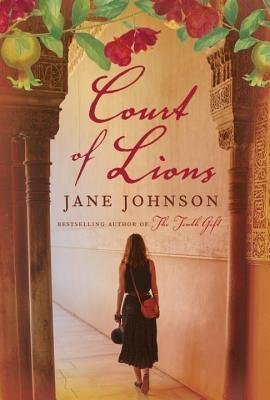
Court of Lions
Book
Sometimes at the lowest point in your life, fate will slip you a gift. Exotic adventure and a quest...
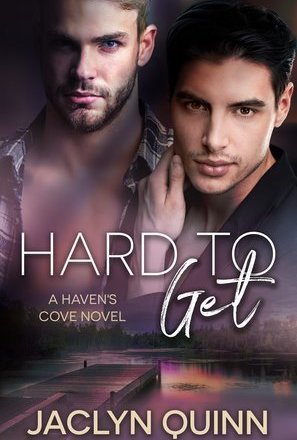
Hard to Get: A Haven#s Cove Novel #2
Book
Gabe D’Angelo has it all. Designer clothes, luxury cars, a cool confidence most would envy, and a...
5 stars male/male romance personal 2018
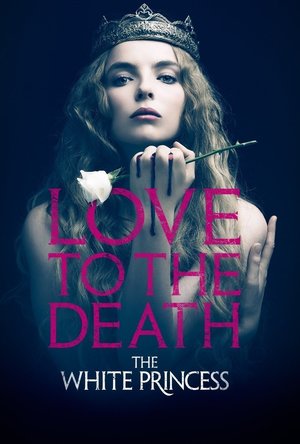
The White Princess
TV Show Watch
In a tale of power, family, love and betrayal, "The White Princess" -- adapted from Philippa...
Lyndsey Gollogly (2893 KP) rated Where Good Girls go to Die ( Good Girls book 1) in Books
Jul 24, 2022
Kindle
Where Good Girls Go to Die ( Good girls book 1)
By Holly Renee
⭐️⭐️⭐️⭐️
🌶🌶🌶
It was a bad idea from the beginning.
He was my brother's best friend and the definition of unavailable.
But I didn't care.
I had loved him for as long as I could remember.
He was worth the risk. He was worth everything.
But then he broke my heart as easily as I fell for him. He watched me fall, spiraling out of control, and as I reached for him, he wasn't there to catch me.
So I ran.
Four years later, I never expected to see him again.
He was still my brother's best friend, and he was more unavailable than ever.
He looked every bit the bad boy I knew he was, covered in tattoos and a crooked smile.
Guarding my heart from him was top priority because Parker James was where good girls go to die.
Unfortunately for him, I wasn't a good girl anymore.
I so enjoyed that!! It was really everything you expect from a romance novel. It had very well written spicy bits too. Didn’t take me long to read it as it was such an easy fun read.
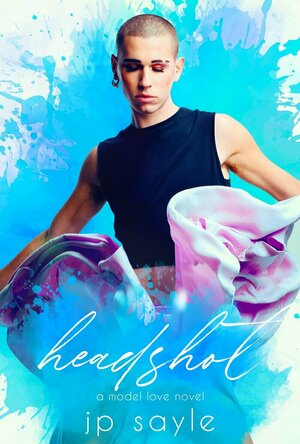
Headshot (Model Love)
Book
Can Jack save his home and win the man who's claimed his heart? Early in life Jack Storey learns...
Contemporary MM Romance Multi-Author Series
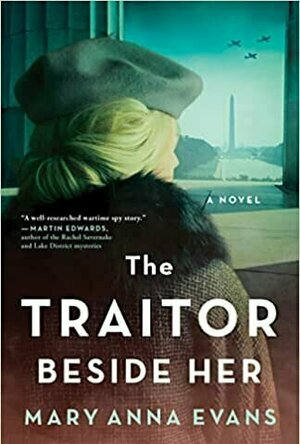
The Traitor Beside Her
Book
The Traitor Beside Her is an intricately plotted WWII espionage novel weaving together mystery,...
Historical Mystery WWII
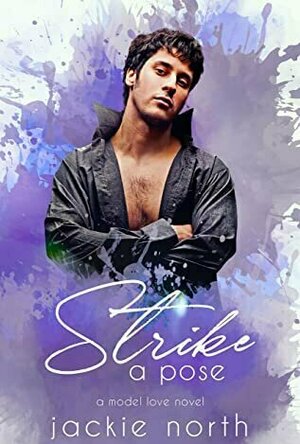
Strike a Pose (Model Love, #1)
Book
Make a wish on a shooting star. Cry to the moon like the coyotes do. There are so many things Sid...
Contemporary MM Romance Found Family Opposites Attract Hurt/Comfort
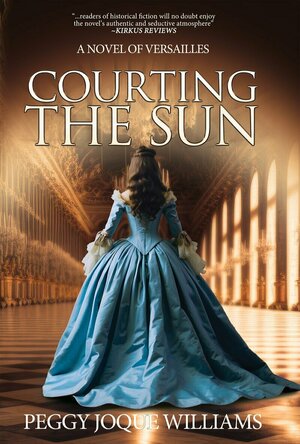
Courting the Sun
Book
“A rich journey through 17th century France in all its aspects—its bucolic countryside, the...
Historical Fiction Versailles Louis XIV Triggers: Rape Scene & Spousal Abuse
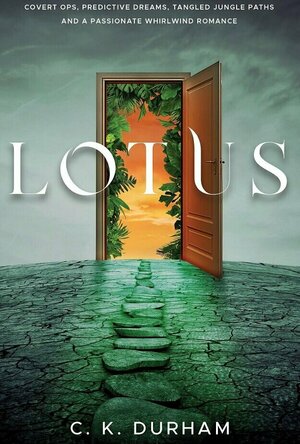
Lotus
Book
Covert operations. Predictive dreams. Tangled jungle paths. A passionate, whirlwind romance. ...
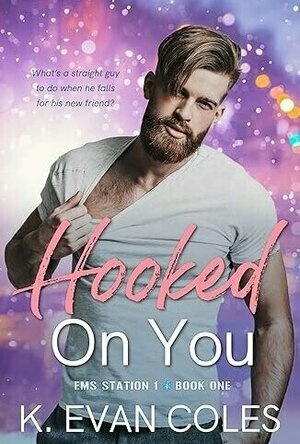
Hooked On You (EMS Station 1 #1)
Book
What’s a straight guy to do when he falls for his new friend? Paramedic Connor Devlin is a...
Contemporary MM Romance Series Friends to Lovers
